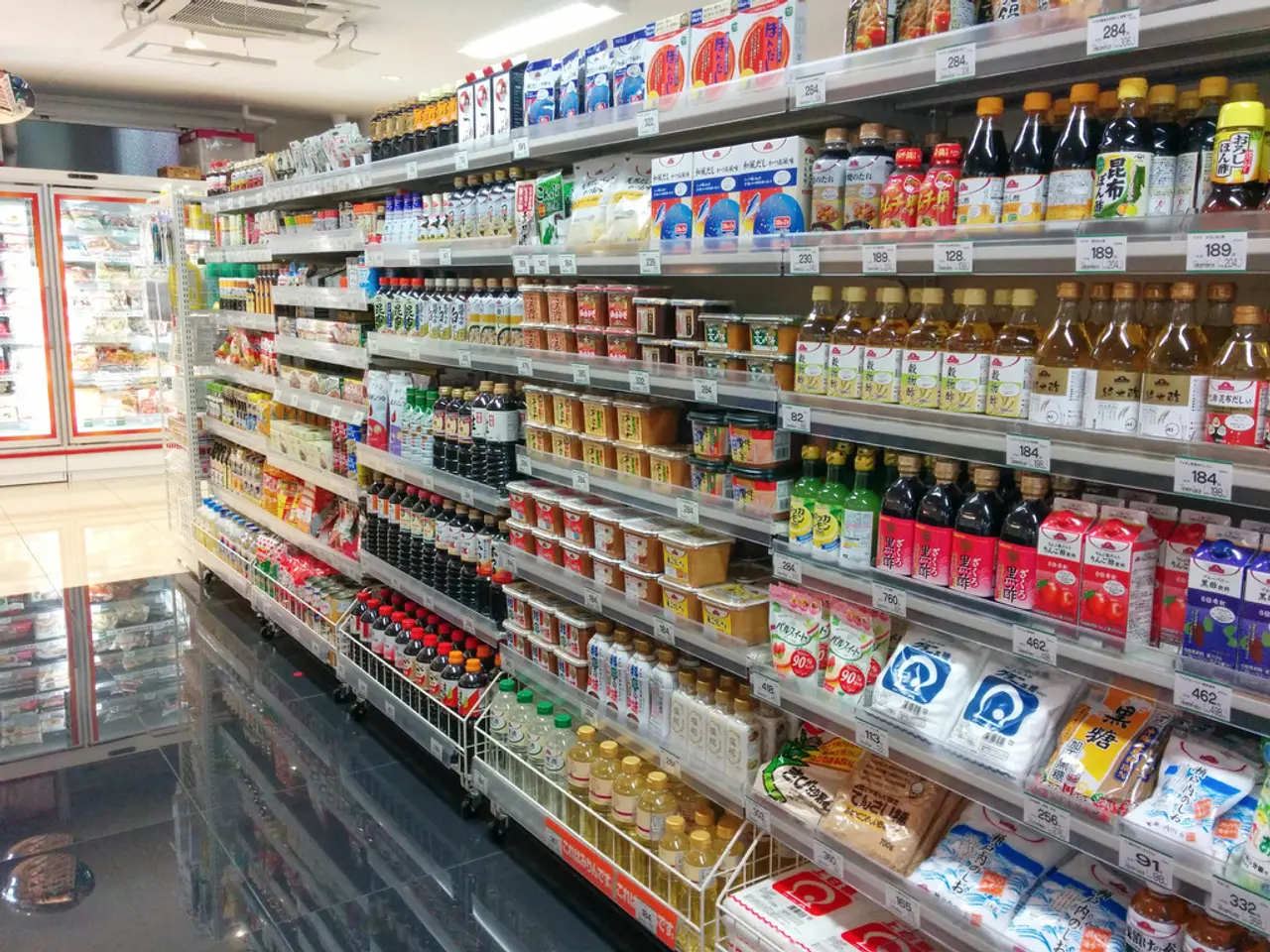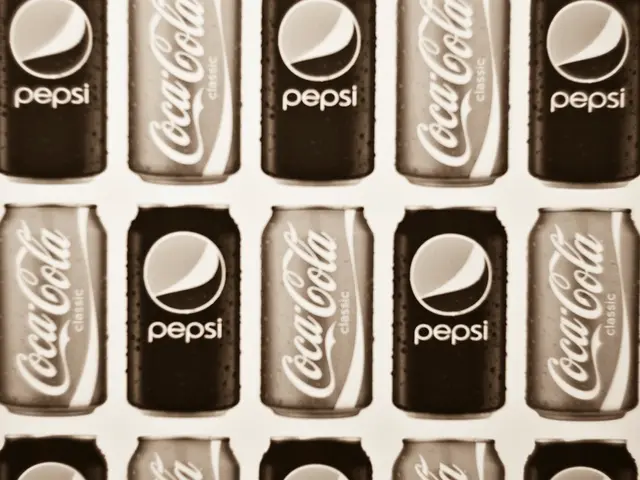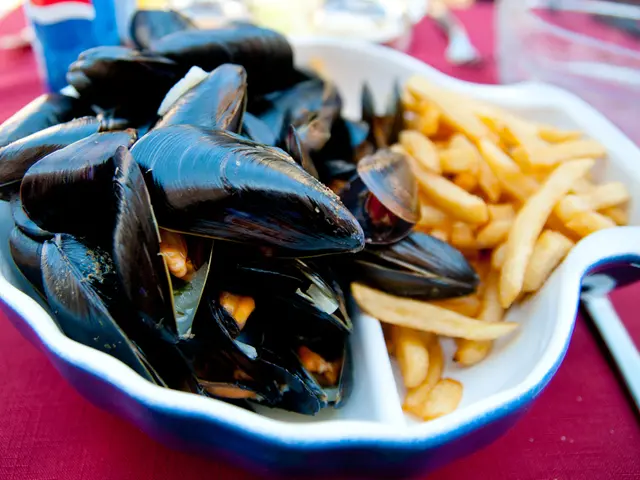E-commerce grocery platforms lag behind TikTok's popularity surge
In the wake of the pandemic, old habits have resumed in grocery shopping, with the weekly trip to the store remaining popular for many Canadians. However, the influence of social media, particularly TikTok, is undeniable in shaping food sales trends in the country.
From Dubai chocolate and Frankenstein's monster to the strawberry-burrata duo and Feastables chocolate bars by YouTuber MrBeast, various products have seen a surge in sales due to viral TikTok trends. Cottage cheese, pickle sandwiches, baked feta, and even freeze-dried candies are amongst the items whose sales have been impacted by these trends.
Interestingly, while supermarkets struggle to persuade consumers to fill virtual carts on their sites, TikTok influencers are able to convince shoppers to run to the store for the viral flavour of the moment. Major investments have been made by supermarkets to assemble and deliver orders on time, with companies like Kroger investing 15 million in a 'ghost' grocery store for order assembly. Aldi has also announced the construction of an automated distribution center filled with ultra-fast robots for 100 million.
Online sales represent only 3% of supermarket sales in Canada, but companies like Giant Tiger have a higher share of online grocery sales compared to traditional supermarket chains. This is largely due to Giant Tiger's extensive online shopping options, including delivery and pickup, which enhance its online sales presence. Walmart and Costco customers, on the other hand, buy significantly more food online than those of supermarkets like Kroger, IGA, or Maxi.
Young people, in particular, are driving this shift. More than half (53%) look for brands approved by celebrities, and 56% prefer brands associated with those who dictate what is perceived as 'new' and 'cool' on social networks. Artificial intelligence is even starting to have an impact on makeup sales, with users asking for recommendations before purchasing.
However, Quebec has a lower popularity for online food purchases compared to the rest of the country. Discovering new products, reading labels, comparing prices, and being inspired by an unexpected ingredient are common practices in grocery shopping that still hold value for many Canadians.
In conclusion, while the pandemic may have temporarily altered shopping habits, the influence of TikTok and social media on food trends in Canada is undeniable. As we move forward, it will be interesting to see how these trends continue to evolve and shape the future of grocery shopping in the country.
Read also:
- Exploration of Culinary Underwater Dining: Balancing Myth and Science in Nutrition Studies
- Disclosing the Mysteries: The Process Behind Pepsi's Can Production Unveiled
- Virtual brand Great American Cookies debuts under the management of Virtual Dining Concepts
- Top Flameless Candles Ratings from Better Homes & Gardens








